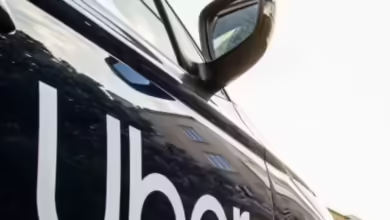Creating a fictitious legal complaint against a radio host was a first for ChatGPT
A slander case has been brought by American radio personality Mark Walters against OpenAI. According to the lawsuit’s facts, which Variety has seen, Walters alleges that the ChatGPT chatbot created fraudulent legal claims against him. Walters, a citizen of Georgia in the United States, claimed in his case that OpenAI had written defamatory things about him. This was accomplished using ChatGPT, their artificial intelligence conversation platform. Users may converse with the platform in a conversational way while replicating human answers thanks to the AI software. On May 4, ChatGPT user and journalist Fred Riehl spoke with the service on a case he was covering. The Second Amendment Foundation v. Robert Ferguson is the case being tried in the Western District of Washington federal court.
Riehl instructed the chatbot with artificial intelligence to summarize the claims made in the lawsuit during the conversation. Surprisingly, ChatGPT provided an entirely bogus summary as a response. It claimed that Walters, the Second Amendment Foundation’s (SAF) founder and executive vice president, had cheated and embezzled money from the company. The fact, however, is that Walters is neither a plaintiff nor a defendant in the litigation, according to his complaint. Additionally, he is not accused of anything in the lawsuit. Walters has never held any leadership roles inside the SAF and has never been charged with financial misconduct. ChatGPT made up a summary that was unfounded.
According to Walters, OpenAI is aware of ChatGPT’s propensity to provide incorrect information. This is considered a “hallucination.” He further claimed that by publishing the inaccurate claims against him, OpenAI defamed his reputation and exposed him to ridicule from the public.
The radio host is a plaintiff and is asking for general damages, punitive damages, and the expense of the action, which includes fair attorney’s fees. He has asked for a jury trial as well as whatever more remedy the court deems necessary. Walters asserts that OpenAI was careless and irresponsible in its contact with Riehl about her, and she wants the court to hold the company accountable.
As the legal dispute develops, serious concerns are raised concerning responsibility and possible consequences related to the use of AI technology for information generation and dissemination.







